Keywords: Sydney
There are more than 200 results, only the first 200 are displayed here.
-
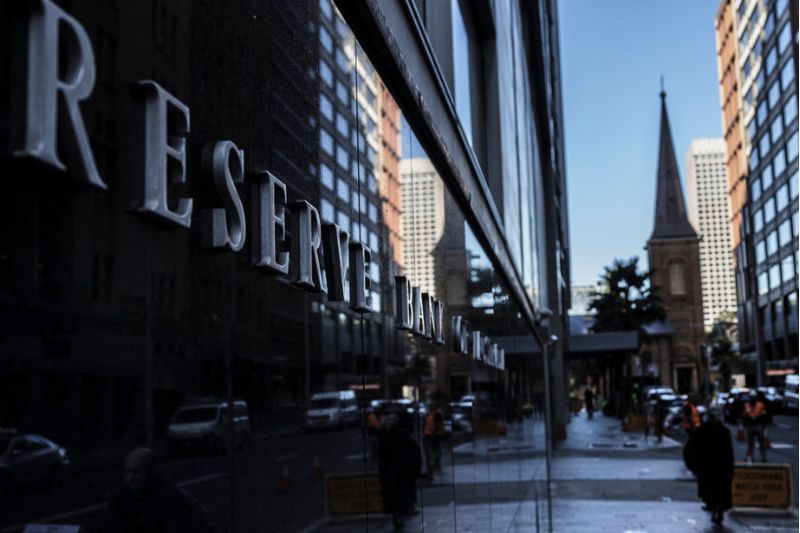
ECONOMICS
The question that should be posed is how effective has the Reserve Bank been at ‘managing’ the economy and financial system? ‘Not very’, has to be the answer. Not that the RBA is alone. The same pattern has been seen across the developed world. Central banks have one weapon at their disposal, the cost of money (the interest rate), and there is not much evidence they have used this tool to make their systems sustainable. Mostly, they have made matters worse.
READ MORE 
-
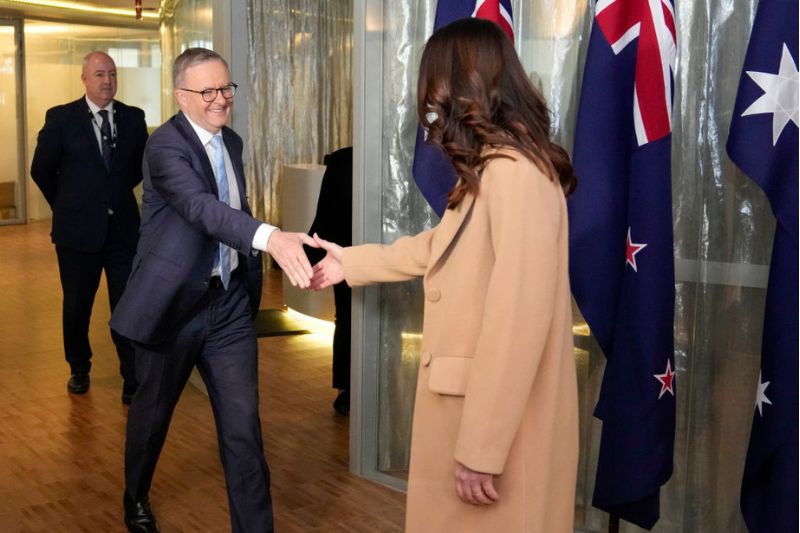
AUSTRALIA
- Andrew Hamilton
- 23 June 2022
7 Comments
Since the Federal Election one of the most refreshing features has been the new Prime Minister’s connection with people. Whether it is shown by riding a bamboo bicycle with the Indonesian President, expressing sympathy for the Nadesilingam family for their prolonged ordeal before returning to Biloela or agreeing with Jacinda Ardern, herself a model of public empathy, about the unreasonableness of expelling to New Zealand people who had never lived there, his actions displayed a readiness to listen and to enter the experience of other people.
READ MORE 
-
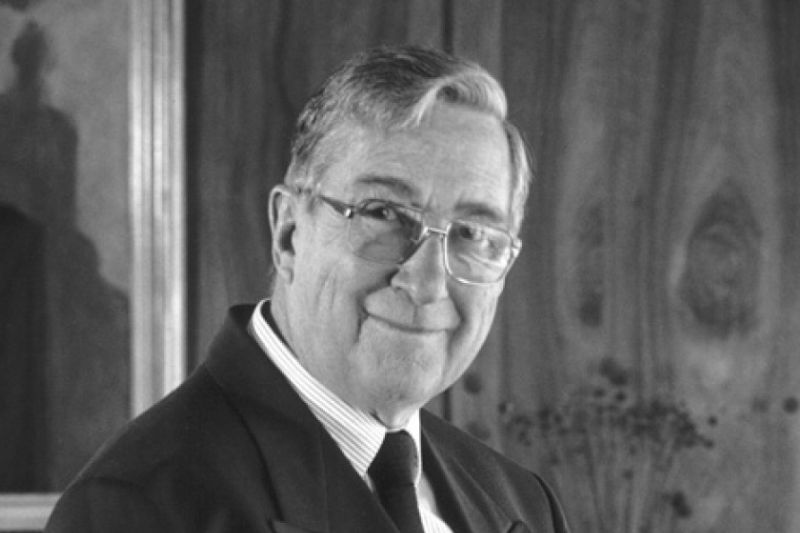
AUSTRALIA
- Michael Kelly
- 16 June 2022
3 Comments
The Court in Mabo, where Brennan J led majority, put an end to the notion of Terra Nullius, by which the British could claim that land in Australia was ripe for the picking because it belonged to no one, and opened the claims to land ownership to a much wider group including the traditional owners. The follow-up judgement in Wik took that understanding even further.
READ MORE 
-
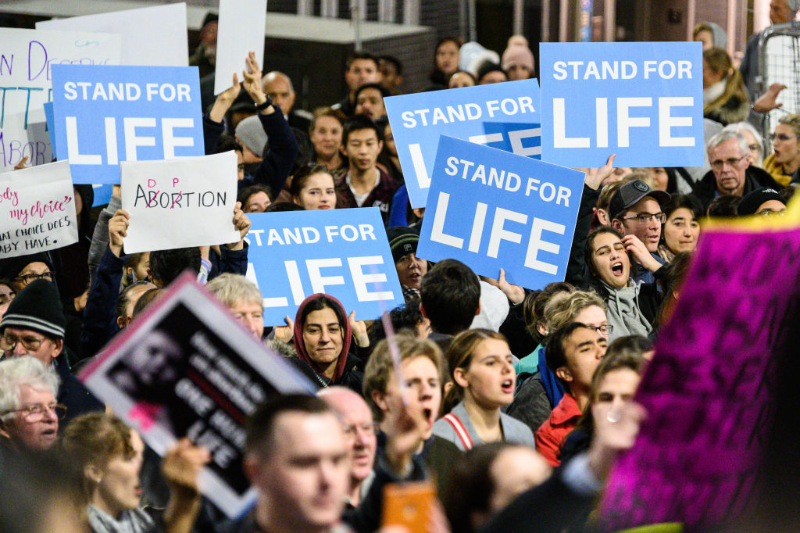
AUSTRALIA
- Michael McVeigh
- 15 June 2022
6 Comments
One would assume that the Victorian Liberal Party has looked at the numbers, and believes that religious conservatives no longer make up a significant proportion of their constituency. Certainly, the moral authority of the Catholic Church and other Christian denominations has taken a battering in the state over the last decade, with many remaining openly hostile to religious perspectives. If the pro-life movement was ever a significant force in Australian politics, that’s no longer the case.
READ MORE 
-
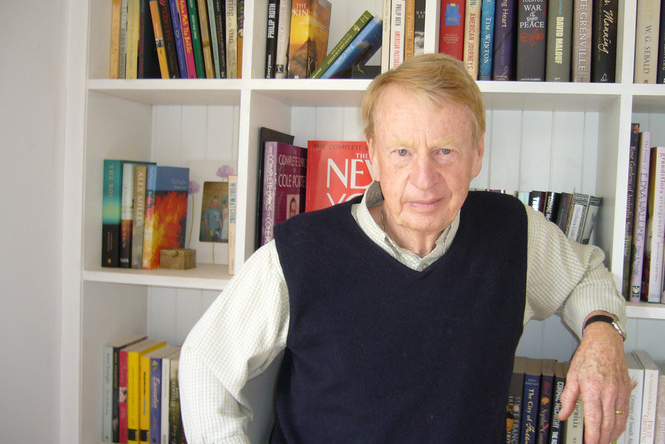
ARTS AND CULTURE
- Brian Matthews
- 09 June 2022
3 Comments
Brian Matthews, academic, award-winning columnist and biographer, and Australia's foremost scholar on Henry Lawson and his mother Louisa, died last Thursday 2 June following complications related to lymphoma, at the age of 86. Brian first wrote for Eureka Street in February, 2002 and continued to contribute his monthly column for 20 years.
READ MORE 
-
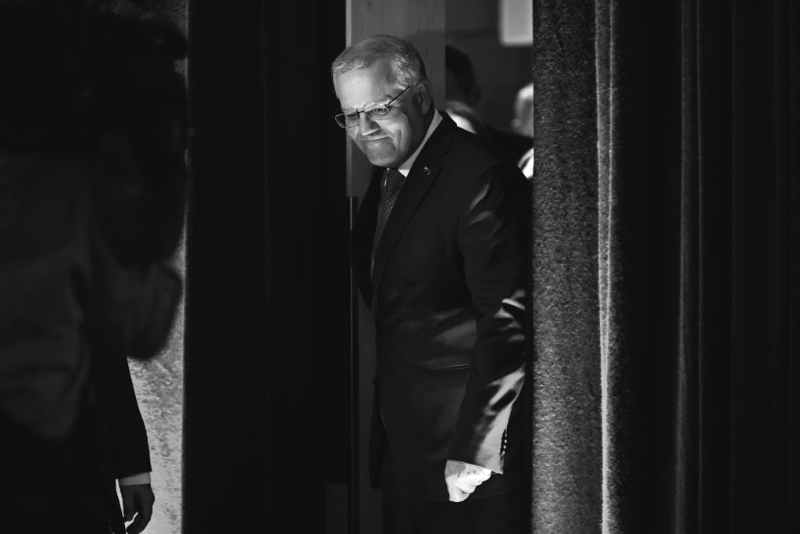
ENVIRONMENT
- Stephen Minas
- 09 June 2022
9 Comments
The Liberal wipeout in inner-city electorates is without precedent in Australian politics. For the Liberal Party, ‘existential crisis’ is not an overstatement. As the party founded by Robert Menzies finds itself in the hall of mirrors, climate policy should be a major focus of critical self-appraisal.
READ MORE 
-

ECONOMICS
As commodity prices and inflation soar in the ‘real’ world we may be witnessing a prelude to another 2008-style crisis triggered by the foreign exchange markets. The risks certainly look similar and can be described with a simple question. Can the fictions produced by out-of-control financial actors survive reality?
READ MORE 
-
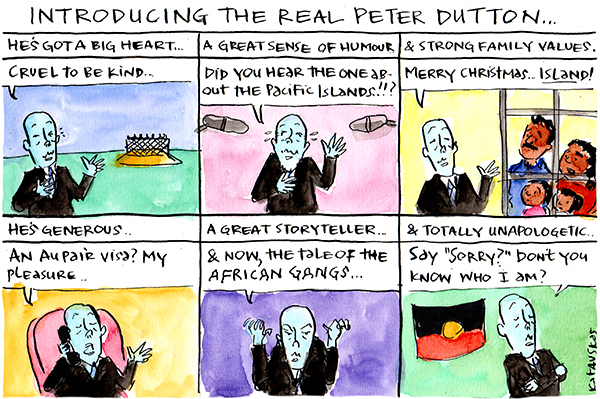
CARTOON
- Fiona Katauskas
- 31 May 2022
1 Comment
READ MORE 
-
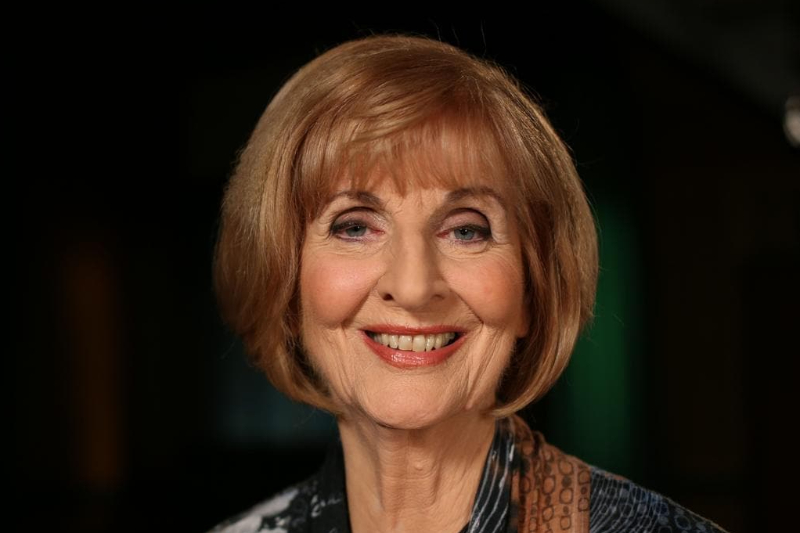
MEDIA
- Michael Kelly
- 30 May 2022
2 Comments
The abrupt passing of a dear friend in a sudden moment is not only something I had not prepared for. I actually looked forward to seeing her in about 36 hours when we would meet up at Sunday Mass. But that wasn’t to be, and the sharp end was not negotiable. There has been an outpouring of dismay, grief and sorrow at the passing of Caroline Jones. She was so poised and self-possessed that moving into her presence was an immediately arresting experience.
READ MORE 
-
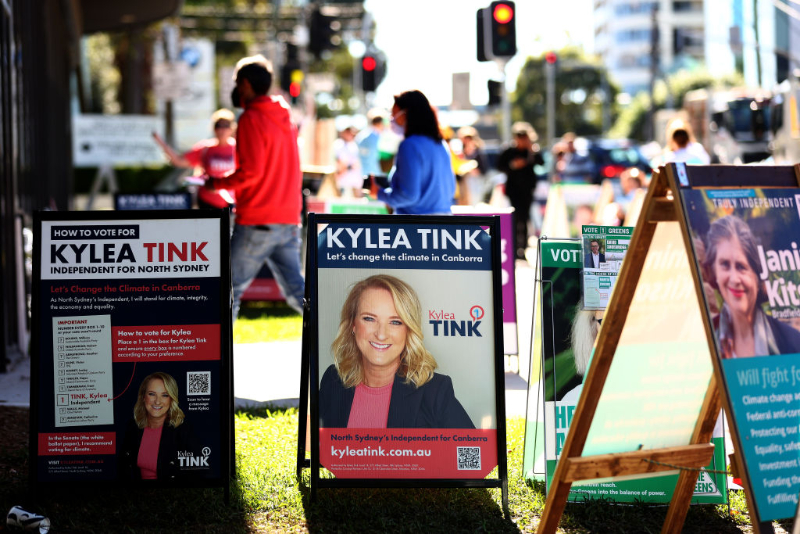
AUSTRALIA
- Binoy Kampmark
- 24 May 2022
11 Comments
The centre of the political system did not so much hold as desert. The vote was a furious, determined and tenacious shout from the estranged centre, a shivering of the timbers. The calibre of individuals elected — many from professions, many with public service outside the traditional party hierarchy of patronage and promotion, and most, women — has not been previously seen in this country’s politics.
READ MORE 
-
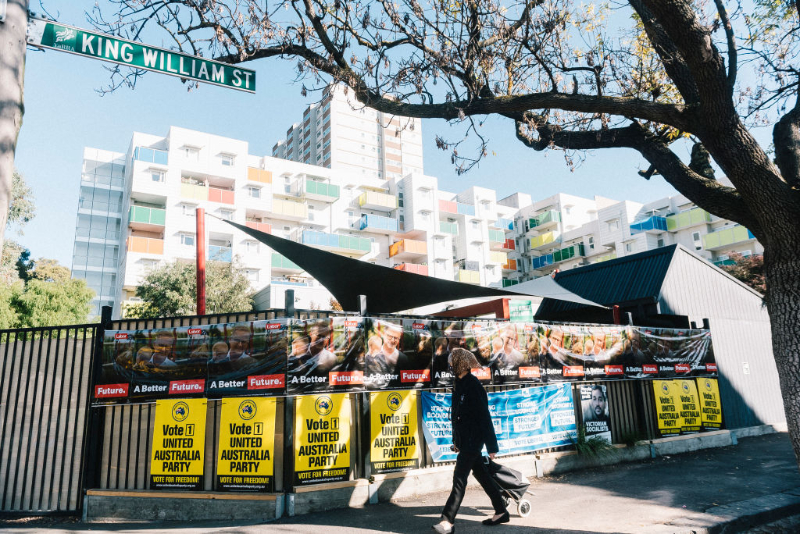
AUSTRALIA
- John Warhurst
- 24 May 2022
13 Comments
Governments lose elections, but Oppositions still must demonstrate that they are a capable alternative. Both the Morrison Coalition government and the Albanese Labor Opposition played their part last Saturday. There were many sub-plots in the pattern of voting, but this election was primarily lost and won in the four biggest mainland cities.
READ MORE 
-
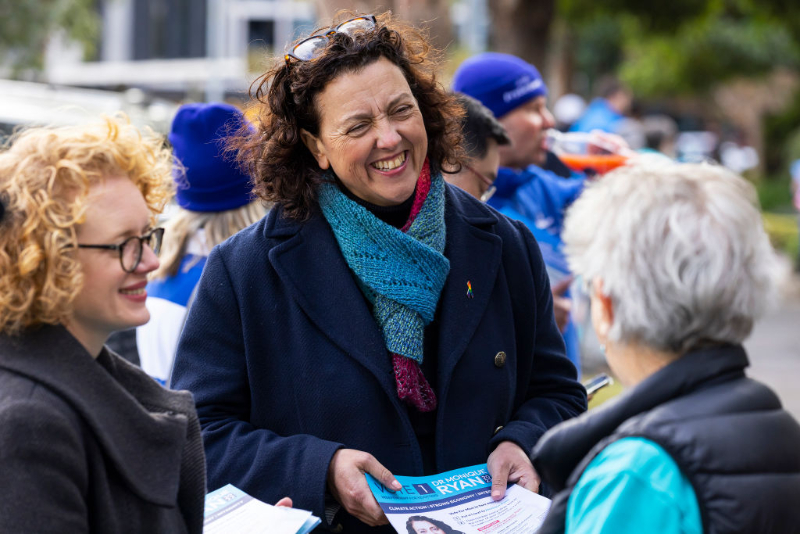
EDUCATION
- Chris Middleton
- 23 May 2022
7 Comments
Perhaps the most dramatic individual result of the Federal election was that Menzies’s seat, Kooyong, has fallen to a Teal independent, Dr Monique Ryan. Xavier College sits in the Kooyong electorate, and Dr Ryan is a parent at the College. Dr Ryan proved to be an impressive candidate who ran as a good a local campaign as I have ever seen. It was marked by a strong engagement by many locals, and especially among professional women, and older residents.
READ MORE 